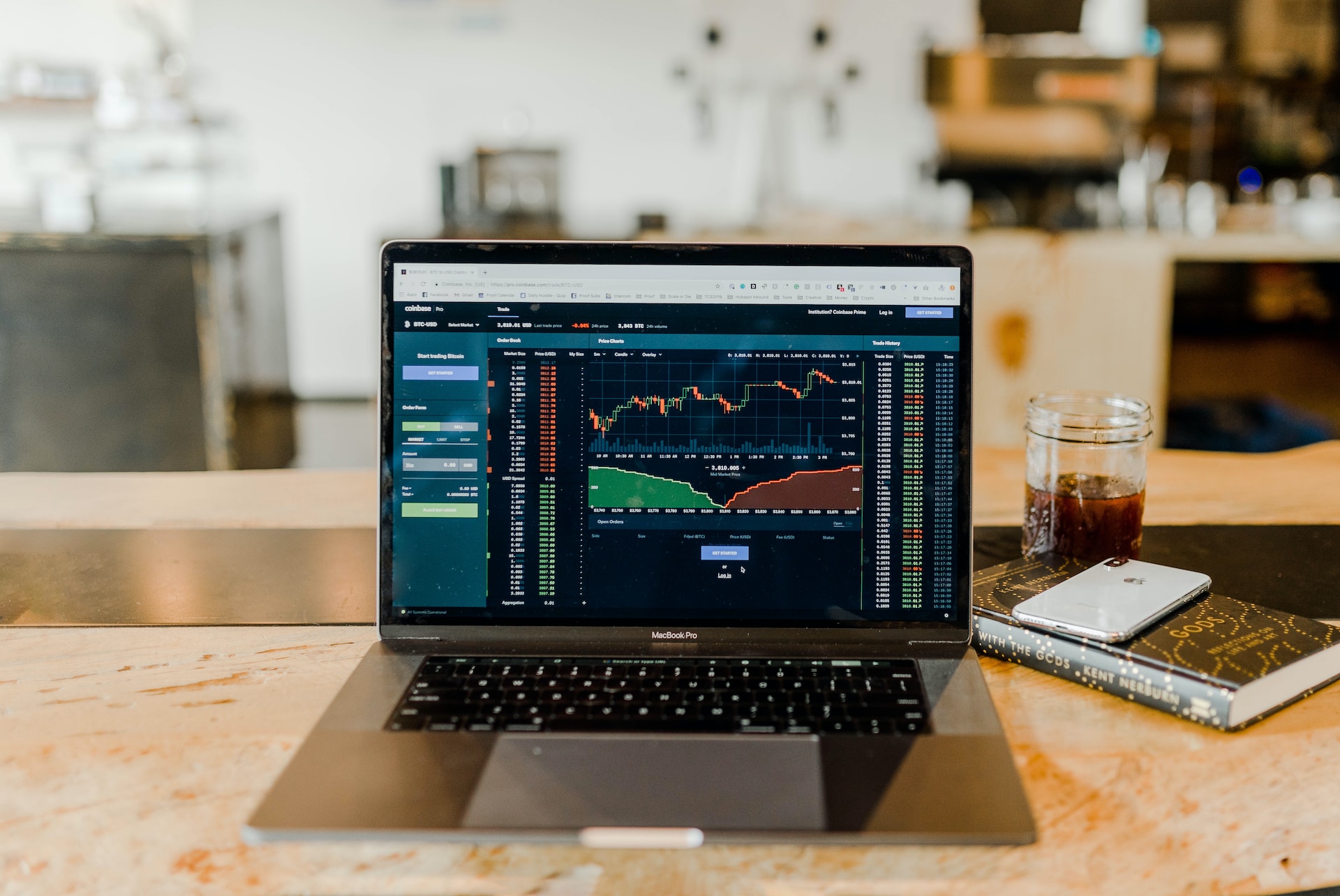The Role and Value of Stocks in Forex Trading

The Intersection of Stocks and Forex Trading
Forex trading and stock trading are two distinct realms in the financial markets. Forex, or foreign exchange, deals with the trading of currencies, while stocks represent ownership in a company. Despite their differences, these two markets are intertwined, influencing one another in several ways.
The Influence of Stocks on Forex Markets
The health of a country’s stock market can be a barometer for its currency strength. When a country’s stock market performs well:
- Foreign investors are attracted, requiring them to buy the nation’s currency and potentially boosting its value.
- It signals a strong economy, which can also enhance currency value.
The Impact of Forex on Stocks
Conversely, forex markets impact stocks as well. A strong currency makes foreign goods cheaper, potentially boosting profits for companies that rely on imports. However, it can also make exports more expensive, negatively affecting export-heavy businesses.
The Role of Stocks in Forex Trading Strategies
In the context of forex trading, stocks can provide valuable insights. Forex traders often use equity markets as a leading indicator. This is based on the belief that:
- Stock markets respond quicker to economic changes.
- High correlation exists between currency strength and stock market performance.
By monitoring stock market trends, forex traders can anticipate currency movements and adjust their strategies accordingly.
Diversification and Risk Management
Stocks and forex also intersect in portfolio diversification strategies. By investing in both markets, traders can:
- Achieve greater diversification.
- Reduce exposure to risks associated with one market.
- Potentially enhance returns through varied market opportunities.
Conclusion
Understanding the relationship between stocks and forex is crucial for traders operating in either market. This knowledge can improve trading strategies, risk management, and ultimately, the potential for profit.
